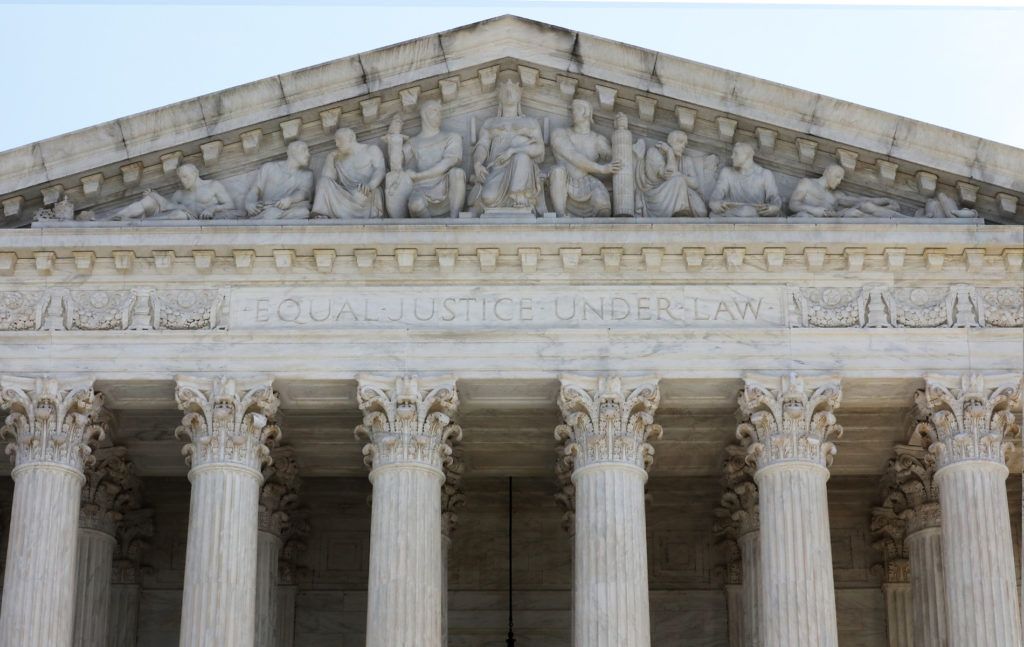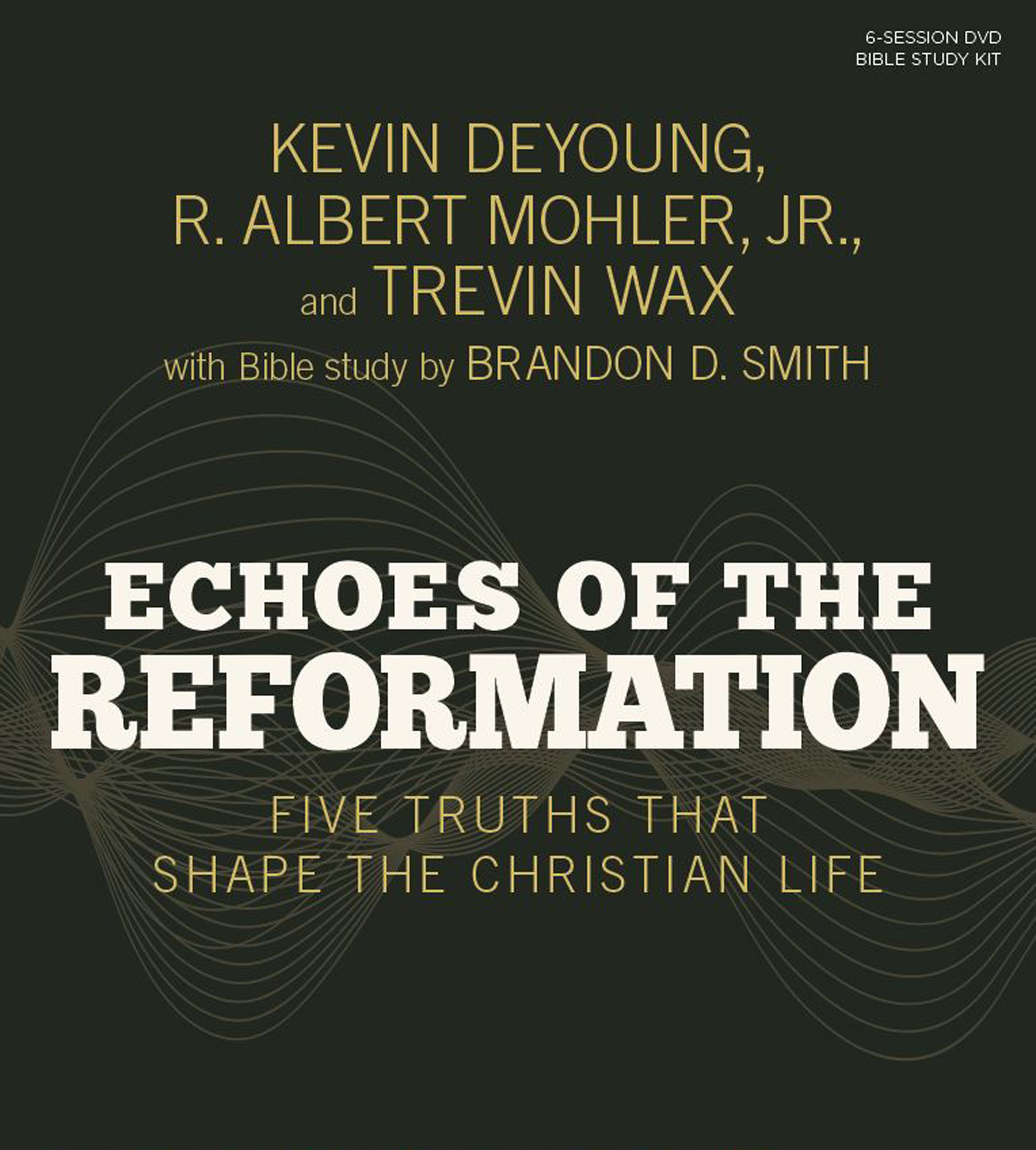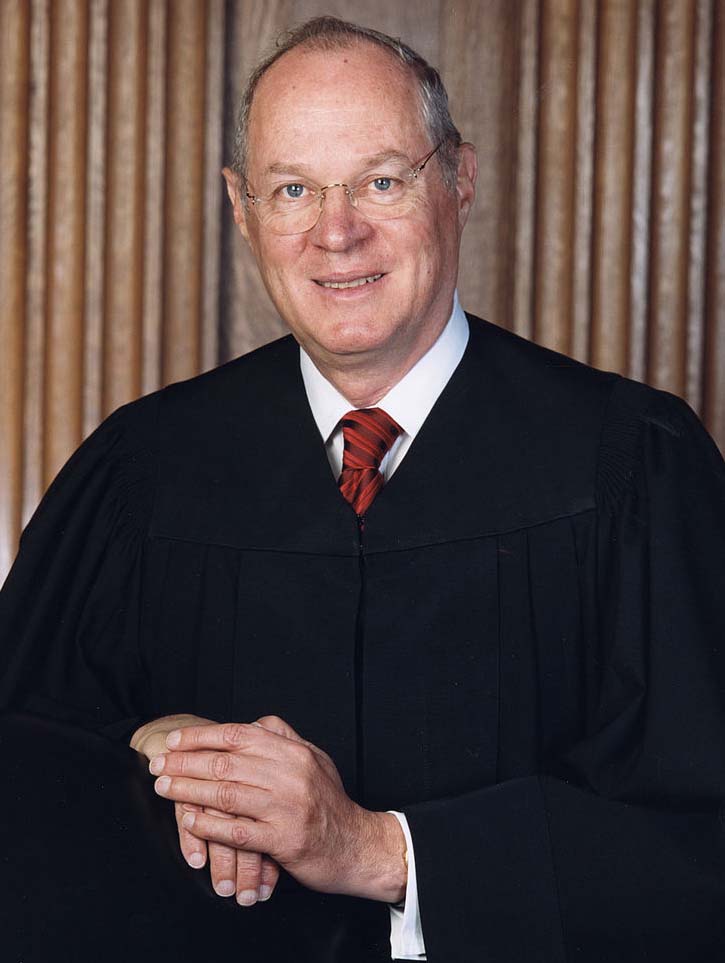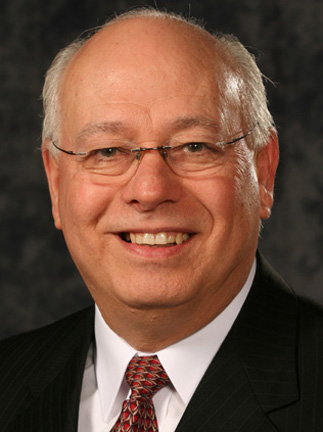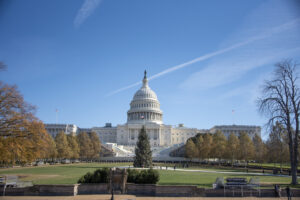
WASHINGTON (BP) – The U.S. Supreme Court ruled Tuesday (June 21) a state violated the First Amendment by barring faith-based schools from participation in a tuition-assistance program.
In a 6-3 opinion, the high court decided Maine unconstitutionally discriminated on the basis of religion in refusing to include in the state’s education-choice program schools that teach their religious beliefs. Maine’s system assists families in the many small towns in the state that do not operate secondary public schools and the smaller number that have no elementary schools.
“Maine’s ‘nonsectarian’ requirement for its otherwise generally available tuition assistance payments violates the Free Exercise Clause of the First Amendment,” Chief Justice John Roberts wrote for the court in Carson v. Makin. “Regardless of how the benefit and restriction are described, the program operates to identify and exclude otherwise eligible schools on the basis of their religious exercise.”
Joining Roberts in the majority were Associate Justices Clarence Thomas, Samuel Alito, Neil Gorsuch, Brett Kavanaugh and Amy Coney Barrett. Dissenting were Associate Justices Stephen Breyer, Sonia Sotomayor and Elena Kagan.
The Southern Baptist Ethics & Religious Liberty Commission filed a friend-of-the-court brief in March 2021 that asked the Supreme Court to review a lower court’s decision in favor of the state. It submitted another brief in September of last year that urged the justices to support the parents challenging the religious rule in Maine’s program.
In Maine’s system, school districts are required to pay tuition up to a legal limit at a public or private school elsewhere of the parents’ choosing. To qualify for the program, however, private schools must be “nonsectarian,” a category that disqualifies any religious school that promotes the faith with which it is identified.
The First Circuit Court of Appeals in Boston upheld the constitutionality of the program’s exclusion of faith-based schools. The U.S. Department of Justice (DOJ) joined Maine in defending the state program before the high court in oral arguments in December 2021. In doing so, the DOJ reversed the position held by the Trump administration, which supported the parents who brought a lawsuit.
The Supreme Court has ruled in favor of equal access to public benefits for religious adherents and groups in previous opinions. To advocates for the parents in this case, the high court’s ruling in their favor is an extension of those earlier decisions.
Maine’s tuition-assistance program included faith-based schools until a 1980 interpretation by the state’s attorney general resulted in a change.
